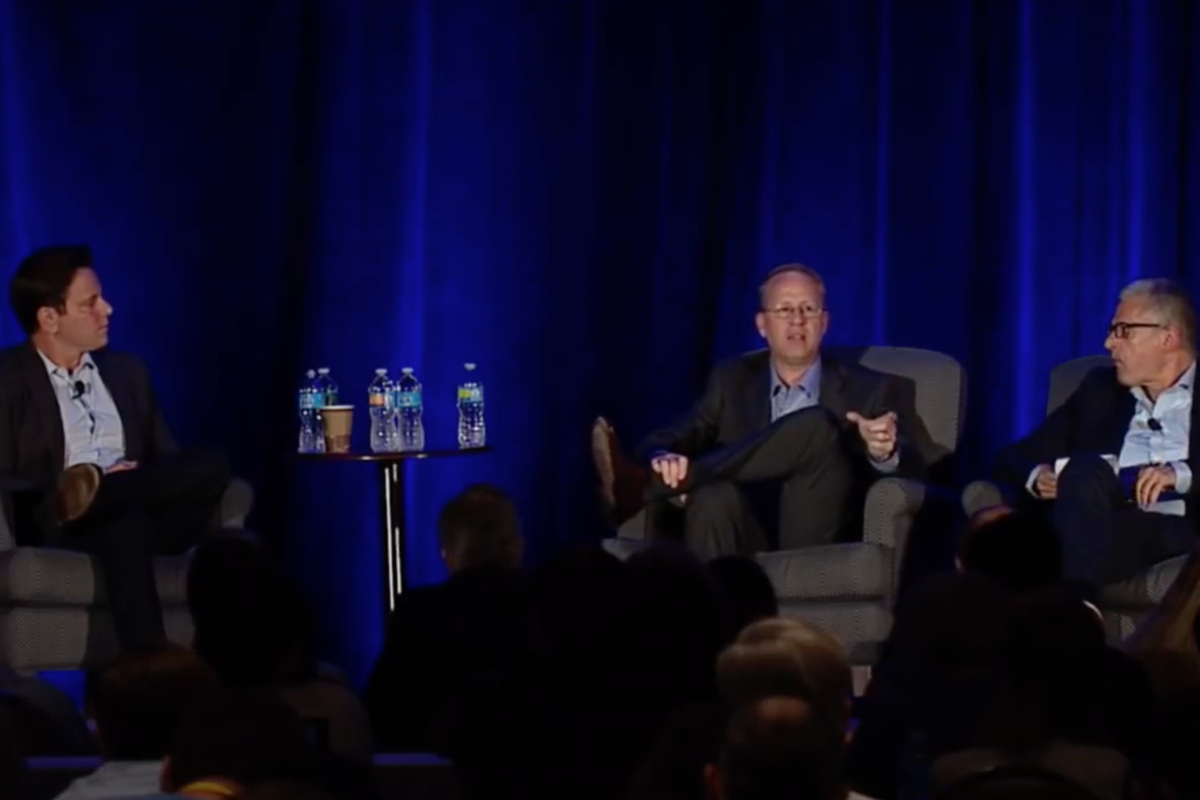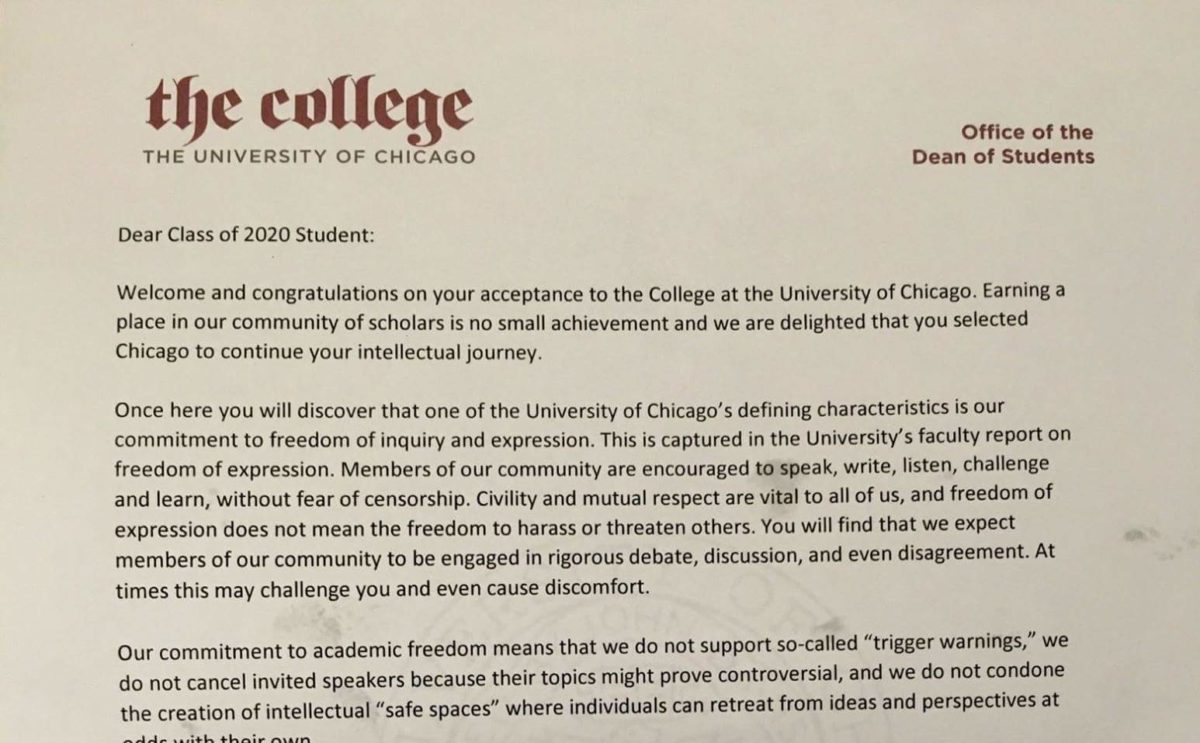Shattering the lazy days of summer, allegations that the National Security Agency has been conducting intensive surveillance of phone and internet traffic have rocketed to the top of the headlines and drawn the attention of pundits and concerned Americans for weeks now. Whatever one thinks of Edward Snowden, no one can deny that his whistle-blowing revelations have started an important national conversation about the role of government in our lives. But—has the conversation gone far enough?
Americans are justified in their concern about the news of government snooping. Although we do not really know how far the government spying program extends, or how much we should trust Snowden’s interpretation of the program, it is undeniable that we should worry about a government with the power to tap into our most intimate of communications.
But if we are going to have a national conversation about security and liberty, we need to take a step back and think about what these values are and why they matter.
For example: if NSA surveillance programs really involve some kind of infringement on liberty, precisely which liberty? At worst, the program only listens to our communications but does not censor them—but then it does not abridge our freedom of speech. Neither does it abridge the freedom of the press or of worship. Many will say that surveillance without a warrant violates our “right to privacy,” but since no such right is mentioned explicitly in the Bill of Rights or Constitution, how are we to understand why government snooping into our private affairs is so tyrannical?
We value our privacy because we think there are facts about our lives which no one has the right to know, aside from those we choose to share them with. Critics of government privacy intrusion usually invoke the fourth amendment to the Constitution, which proclaims that “The right of the people to be secure in their persons, houses, papers, and effects, against unreasonable searches and seizures, shall not be violated.” But what do our persons, houses, paper and effects have in common with each other? The fourth amendment secures our privacy only to the extent that it secures a more fundamental “privacy” right, our right to private property.
Critics of government surveillance on the left are not known as champions of an unqualified right to private property. And yet, we cannot defend any right to the privacy of our communications without acknowledging the right to private property, “to gain, to keep, to use and to dispose of material values.” The employees of Verizon have easy access to our phone records because we have granted it to them voluntarily as a condition of doing business with them. To critique the FISA court order that demands extensive access to the metadata of these records, we must invoke Verizon’s property rights—its right to be secure in its corporate papers and effects.
Where, then, is the outrage over recent government intrusions into even more private affairs? Consider, for example, the other major scandal of the summer, the allegations that IRS employees unfairly targeted tea party and other conservative political groups who had applied for tax-exempt status. Not only did the IRS apparently refuse tax-exempt status to a number of groups on the basis of their political ideology, but it even subjected these groups to invasive questions, asking for lists of donors and speakers at their events, even transcripts of the speeches delivered.
But very little of the fury directed against the NSA has been saved for the IRS. Perhaps the double standard is purely partisan, but the deeper cause is philosophical: no one seems to think privacy is sacred when it concerns money. Consider as an illustration Nancy Pelosi’s response to the IRS scandal: she argued that the scandal gives us a reason to overturn the Supreme Court’s Citizens United decision, which loosened restrictions on how corporations (including nonprofit corporations, like the tea party groups) are permitted to spend their money on political advocacy. If it had not been for the court’s decision, the argument implies, the IRS would not have had to target Tea Party groups for extra scrutiny.
Taken for granted throughout this discussion, however, is that there is nothing even distasteful—let alone tyrannical—about ransacking through someone’s personal finances. Critics of Citizens United usually claim that campaign finance restrictions do not violate the right to free speech because “money is not speech” and because “corporations are not people,” among other reasons. But if we don’t have the right to support political groups with our own money because money isn’t speech and corporations aren’t people, how can we bemoan government intrusion into corporate databases? Corporations aren’t people, and databases don’t have “privacy”!
If you think that sounds like a ridiculous defense of NSA snooping, you may be right. But then you should also think Pelosi’s position is ridiculous. Government cannot claim a right to search a family’s internet account without a warrant on the grounds that families are not people and internet accounts are not personal papers: families are made up of individuals with rights, and individuals who need to be able to control their physical possessions, including their digital possessions, in order to pursue their happiness. But by the same token, corporations are also groups of individuals whose rights do not disappear simply because they are working in concert with each other. Their money and their property (including their databases) are tools they use to exercise their right to pursue happiness like anyone else.
Americans are still willing to proclaim indignantly that government has no right to poke its nose into private matters that are “none of its business.” This phrase was inherited from an age when an individual’s ability to engage in business was regarded as a matter of sacred right. Today many no longer regard private business or private property rights as deserving of the same protection that is sometimes still afforded to the freedom of speech and the freedom of the press. But there may be no way to separate the first kind of protection from the second. All of us need to be able to secure our physical property in all of its forms to keep private our communications, and to pursue that most private of values, our own lives. And in the businesses of running our lives, it’s nobody’s business but our own.
Image courtesy of Flikr user Saad Faruque.




